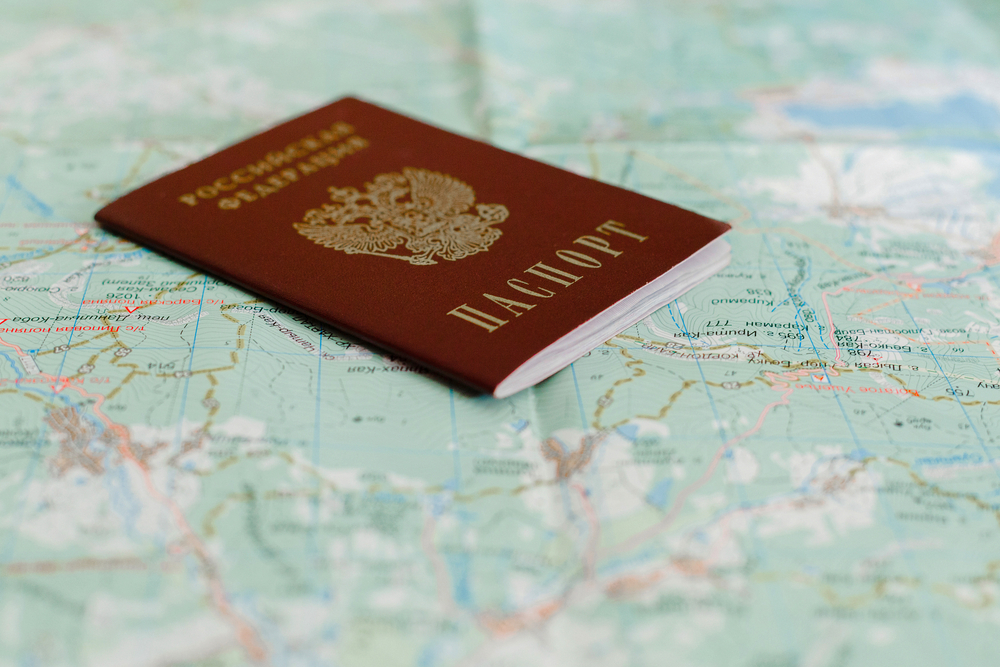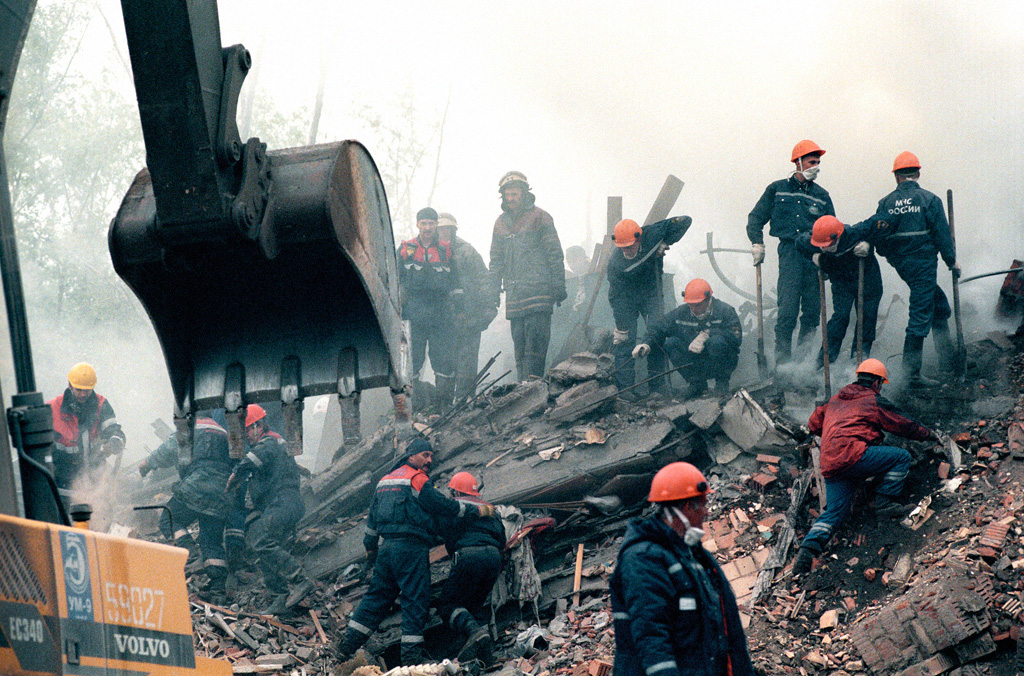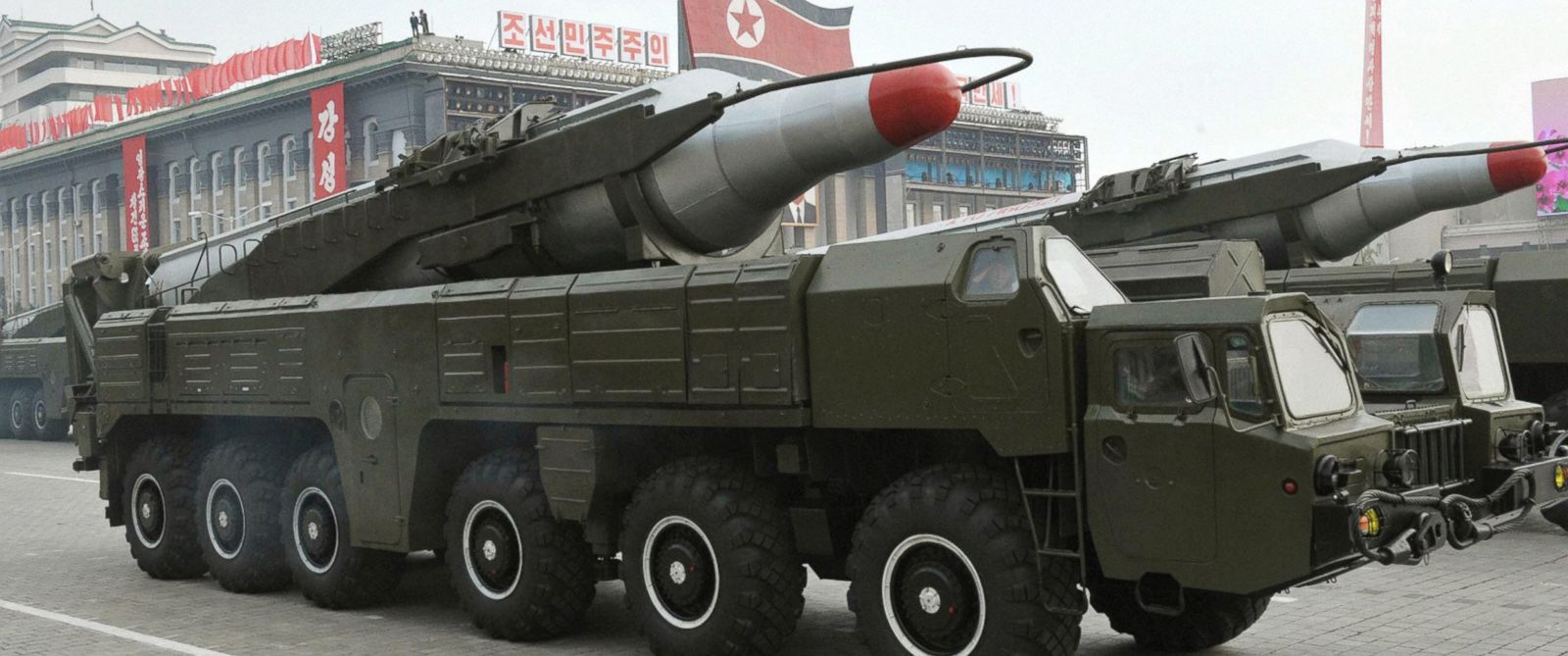If the leader of any other country proposed new citizenship legislation that would give his government the power to award national citizenship to anyone living in areas his or her country might occupy in the future, there would be international outrage at this indication of plans for further aggression and annexation.
But that is precisely what Vladimir Putin has done in draft legislation he has sent to the Russian State Duma for passage at the end of December 2021. Legislation that because of his powers almost certainly will be adopted without change; and there has not been any expression of outrage by other powers despite the arrogance of such an announcement.
Unfortunately, as Rosbalt’s Aleksandr Zhelenin points out, the new draft law contains other features which reflect “radical changes in the foreign and domestic policies” of the Kremlin leader in the 20 years since the last citizenship law was passed. (The 2002 act has been amended and those amendments anticipate the claim Putin is now making.)
- For the text of the 80-plus-page bill in the Russian State Duma, see duma.gov.ru;
- For Zhelenin’s analysis, see rosbalt.ru.
This underscores, Zhelenin continues, that “the Russian state not only as a matter of principle has not rejected the course of external expansion but is preserving for itself the legal basis for such actions in the future.” The only thing one can’t say with any certainty is just which territories now part of other states or having their own statehood now would be involved.
The draft law does say that anyone who has Russian citizenship by birth cannot lose it by government action; but it goes on to say, Zhelenin points out, that anyone who acquires Russian citizenship and then violates certain Russian laws is at risk of precisely that outcome, thus creating two classes of citizens in the Russian Federation.
According to Zhelenin, this action will help the powers that be in Moscow ensure that those people who do acquire Russian citizenship are as obedient and loyal to the Kremlin as possible. But that raises a question which the author of this legislation has not yet bothered to answer.
“If you so distrust new citizens, why then are you handing out hundreds of thousands of Russian passports in Ukraine and Moldova?” For the moment at least, the Rosbalt commentator says, “this question is hanging in the air.”
Read More:
- “A point of no return.” Ukraine’s civil society leaders appeal to US, EU for “severest sanctions” to stop Russia
- Russia’s hybrid war against Ukraine and the West is entering the next phase: The crisis
- After “hour of imperialism and chauvinism” Putin recognizes his Donbas puppets, sends in troops
- The defeat that won’t repeat: Russia’s invasion of Ukraine a century ago & now
- Kyiv defense experts: Russian proxies may attempt to expand occupied territory
- The Kremlin’s playbook: fabricating pretext to invade Ukraine – more myths





